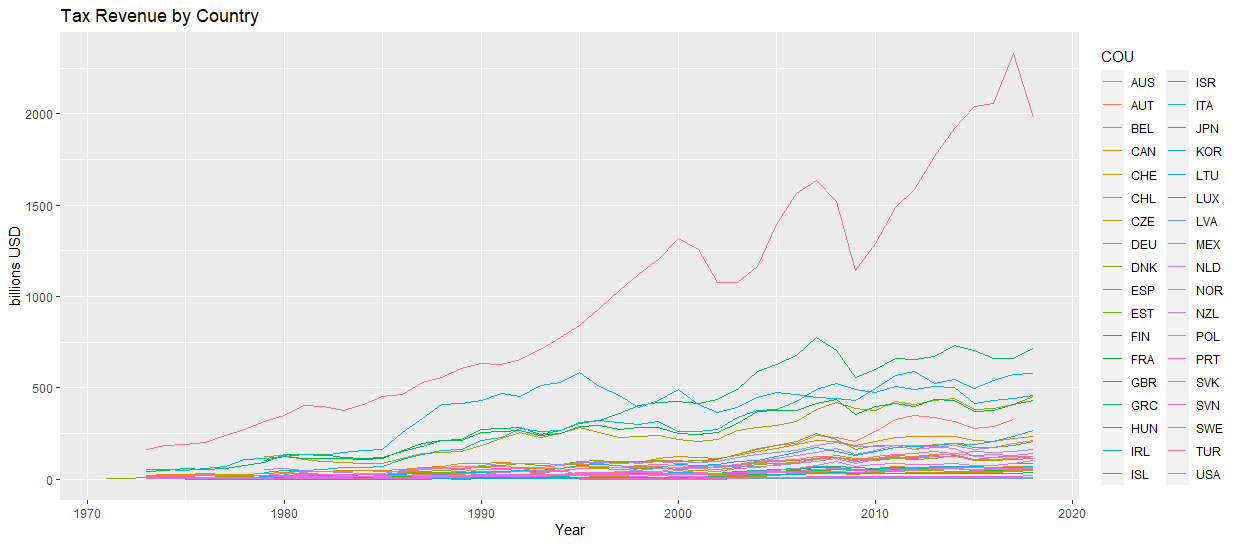Getting the facts straight
First before addressing the question, lets get the facts straight as arguing based on incorrect premises is not good and in this case this is also relevant to the answer.
In government, the revenue is fixed (most of the time)
This is completely incorrect. In fact government revenue varies quite significantly most of the time.
According to OECD data on government revenue the tax revenue varies a lot as you can see in the graph I made in R below. Even the countries for whom the lines look flat they look that only because of the scale but if you would 'zoom'in you would see quite a large variation in government revenue.

Second, it is also not true that government has no incentive to operate efficiently. There is already an incentive for government to be cost-efficient as in the long run government must balance its budget. That is in the long-run all taxes $T$ must be equal to all government expenditure $G$.
A less cost effective government will have to ultimately impose higher taxes than more efficient government. Since people dislike paying taxes government officials already have some incentive to be cost effective. Arguably this incentive is not strong due to all political and public choice considerations. See for example Public Choice III by Dennis Mueller which provides wide overview of literature on public choice which also discusses why inefficiencies arise in government provision of public goods and redistribution.
Addressing the question
There would be several downsides to such a proposal. You state that:
The government & parliment (as usual) outline what they what they will fund in the next year, and outlines the overall cost. Then, the percentage of taxes (income, wealth, capital gain) are determined ... according to that cost.
This is terrible idea as it does not allow government government to have counter-cyclical tax policy which is undesirable and destabilizing for economy.
The standard textbook policy advice (see for example Blanchard et al. Macroeconomics: an European Perspective) for a government when it comes to spending ($G$) and taxes ($T$), over business cycle is that government should run deficits during recessions $G>T$ and surpluses during expansions $G<T$ in order to help smooth the business cycle. Yet at a core of your proposal is that in short run $G=T$ which would prevent government to fiscally respond to recession. Now, as discussed before in long-run $G=T$ as government has to ultimately respect its intertemporal budget constraint, but this should be done by balancing deficits and surpluses over business cycles not every year.
Moreover, you make your tax proposal too vague to make any historical comparisons. On the balanced budget part there were historically countries that run or tried to run balanced budget. A recent example would be Germany, but such proposals are usually always abandoned during the recessions for the aforementioned reasons.
